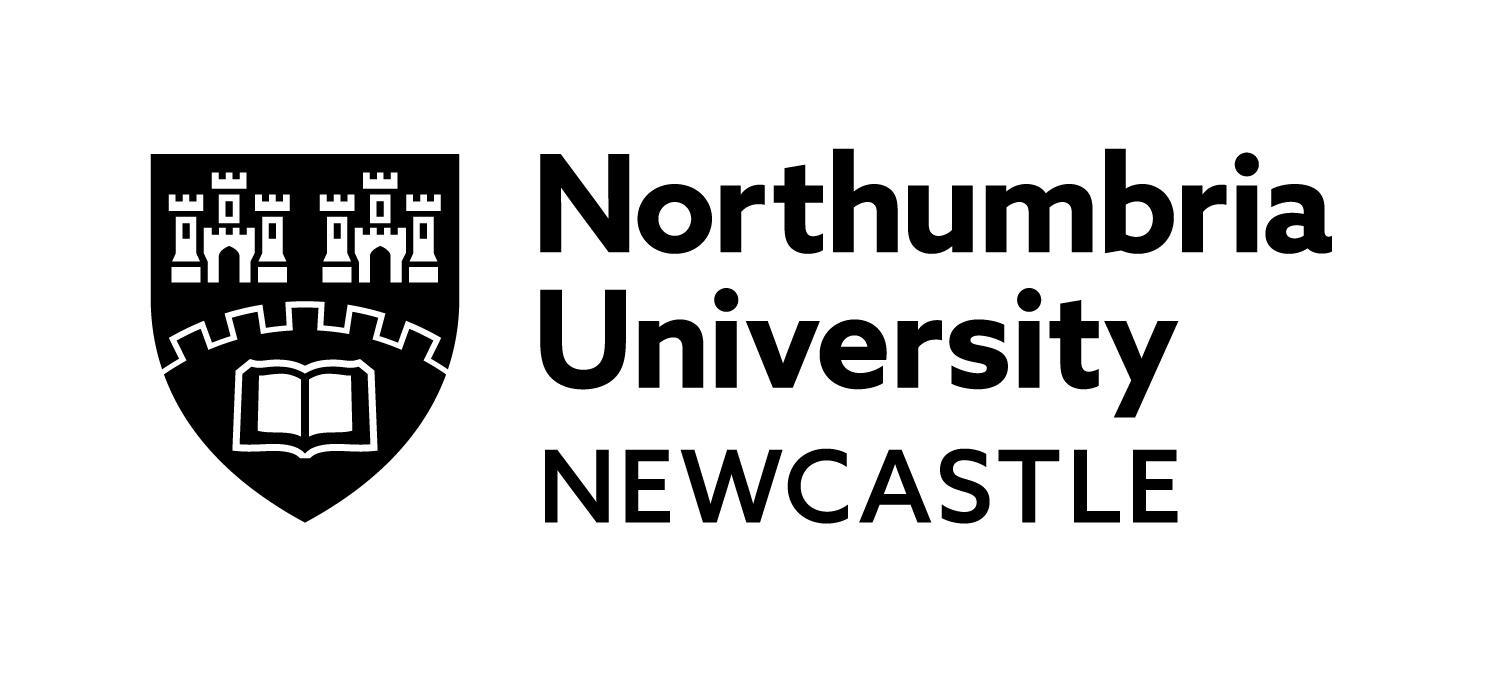Sociology, Social Policy and Social Work
Sociology, Social Policy and Social Work
The Sociology, Social Policy and Social Work Pathway is offered at Durham, Newcastle, Northumbria, Sunderland, Teesside, Ulster and Queen's University Belfast.
The Sociology, Social Policy and Social work pathway is offered at Durham University, Newcastle University, Northumbria University, Sunderland University, Teesside University, Ulster University and Queen’s University Belfast. The pathway covers research in three areas, sociology, social policy and social work and offers training and PhD supervision in each of these areas.
At Durham, the Department of Sociology has research expertise in Communities and Social Justice, Higher Education and Social Inequality, Health and Social Theory, Violence and Abuse, and Criminal Justice, Social Harm, and Inequalities.
At Newcastle, the Sociology Area in the School of Geography, Politics and Sociology has three core research areas: Health: Practices, Spaces and Technologies, Imagining Pasts and Futures, and Power, Inequalities and Citizenship.
At Northumbria, the pathway is located across the School of Humanities and Social Sciences and the School of Communities and Education. Both schools offer rich research environments for ambitious, cross-disciplinary and imaginative proposals for PhD study. The School of Humanities and Social Sciences encourages PhD proposals that examine pressing challenges facing our communities, including (but not limited to) wellbeing and happiness; work and employment; activism around class, gender and the environment; media and digital-related topics; oppression of marginalised groups; and gender-based violence. The School of Communities and Education includes academics in the fields of applied social sciences, medical sociology, public health and social work practice.
At Queen’s Belfast, the Sociology, Social Work, and Social Policy areas of the School of Social Sciences, Education and Social Work have expertise across a broad range of themes including Race, racism, and inequalities; Politics, conflict, and protest; Identity, emotion, and everyday life; Gerontology; Social work education; Gender; and Sexuality.
At Sunderland, the School of Social Sciences has a particular strength in Social Work, where its social work programme has been named 1st in Northeast England. Research in the social sciences is enhanced through the Centre for Applied Social Science (CASS), which aims to address inequalities and social exclusion, promote social and criminal justice, and contribute to policy, practice, and service development.
Teesside University’s participation in the pathway is based within its School of Social Sciences Humanities & Law, which facilitates linkages between sociology and social and adjacent expertise in fields such as criminology, education, law, politics, and psychology. Teesside’s School of Health & Life Sciences also hosts the Centre for Public Health, which can be a resource for researchers pursuing this pathway at Teesside.
Ulster University’s involvement in the pathway is facilitated through the School of Applied Social and Policy Sciences. Research in social work includes: intimate partner violence, children’s rights, social work education, addiction, and disabilities. Research in sociology falls into three clusters: Inequalities of the past and present, Health and wellbeing, and Identity and representation.







